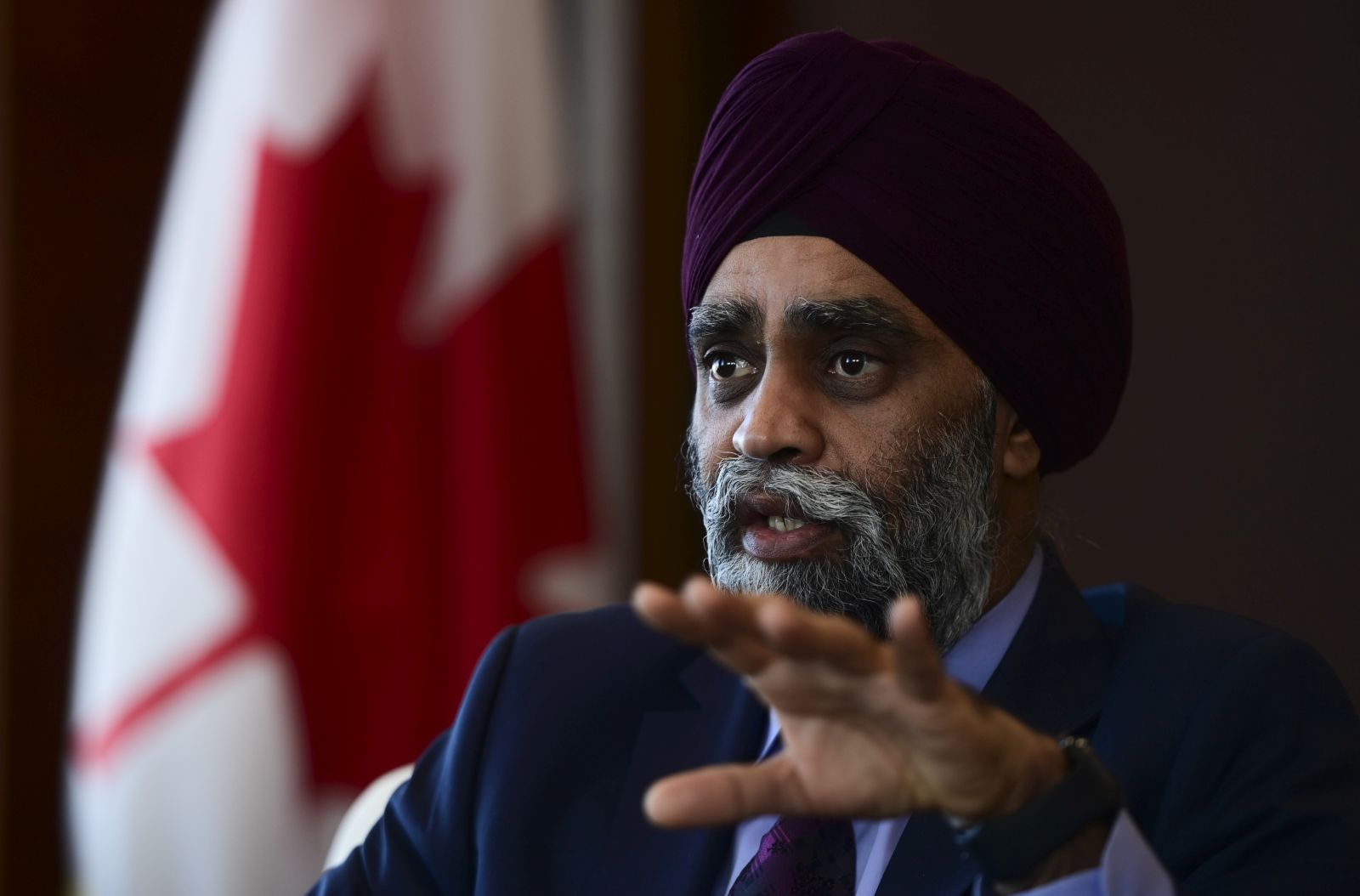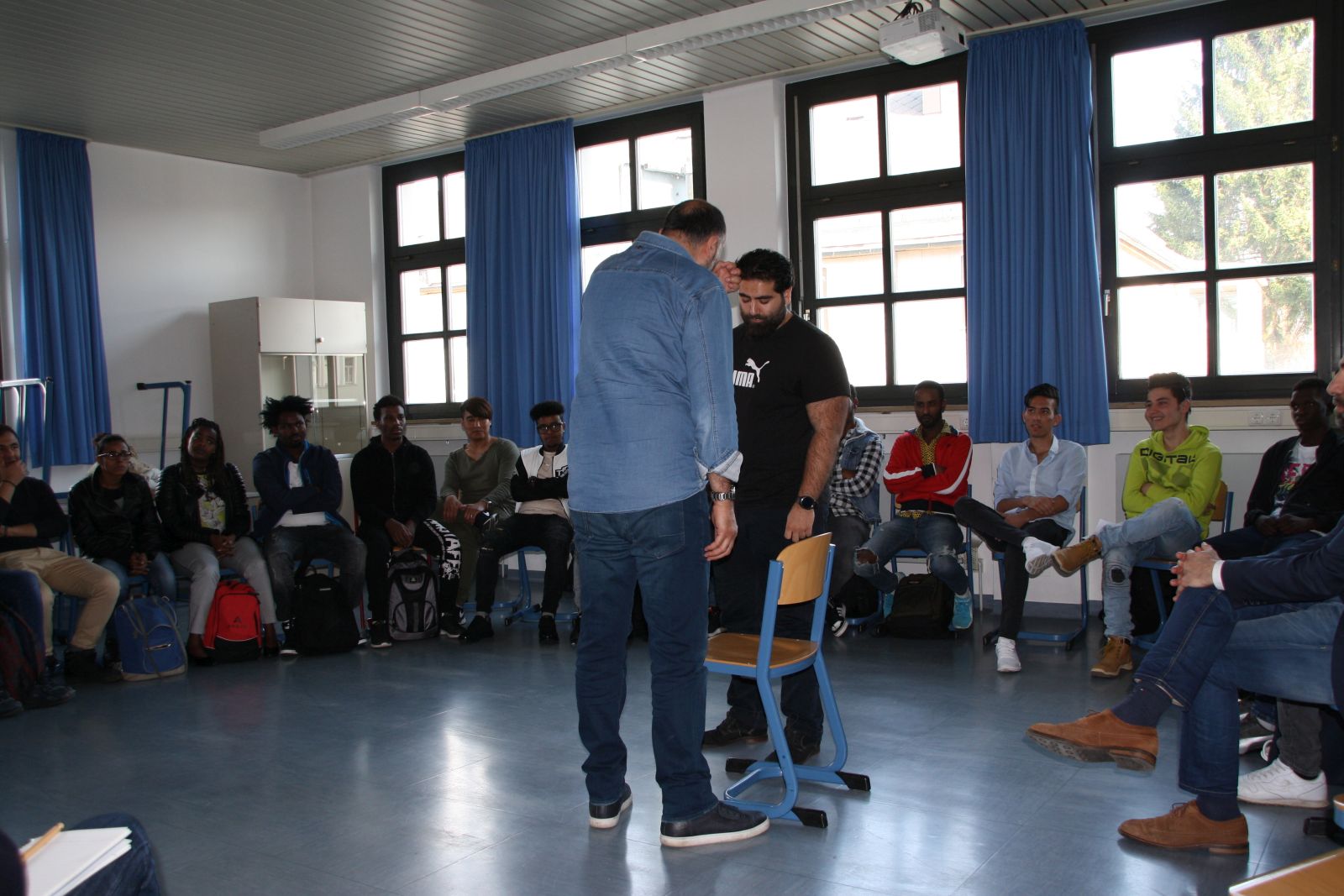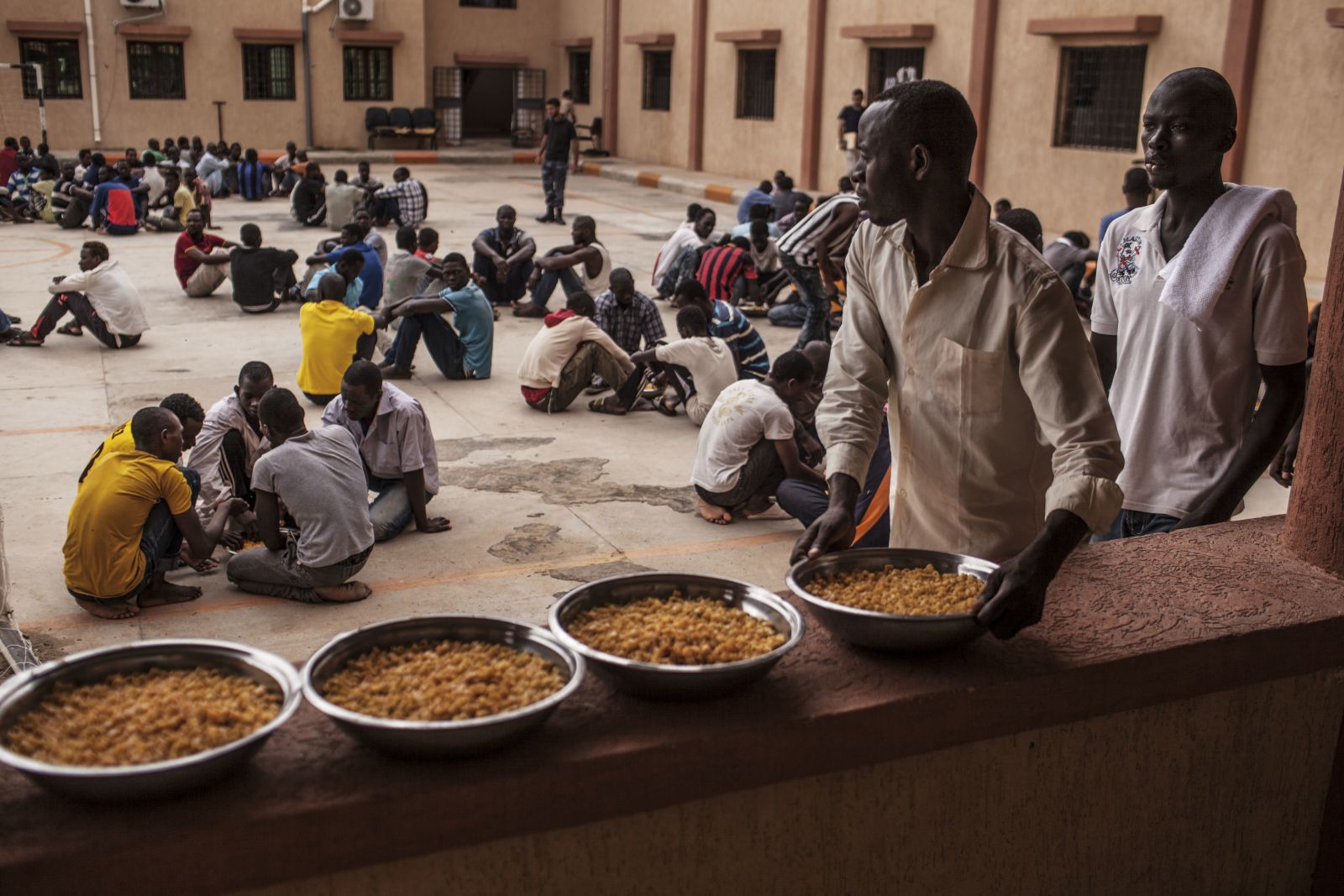Rohingya
Next wave of refugees looming

While Myanmar will soon have a new government and its people dream of a new era of democracy and political freedom, many Rohingya are heading to the sea. It’s sailing season again: the dangerous monsoon is over, the sea calm. In the coming months, thousands of desperate members of Myanmar’s most persecuted minority are expected to take their chance to flee hopelessness.
Even after the landslide victory of the opposition National League for Democracy (NLD), things aren’t set to improve for the Muslim minority whose members primarily live in western Rakhine State near the border to Bangladesh. Aung San Suu Kyi, NLD party leader and Nobel peace laureate, did not speak up for their cause ahead of November’s historic vote, and most people doubt she will do so now. It could mean risking her immense popularity.
Anti-Muslim sentiment is very strong in the predominantly Buddhist country. The nationalist narrative regards Rohingya as illegal immigrants from Bangladesh. Accordingly, they are called “Bengali”. In the 2014 census, they were denied self-identification and were thus not counted properly. Myanmar denies the Rohingya citizenship and has now excluded them from voting – unlike in 2010, when they could register with temporary identification documents, so called “white cards”. The election commission did not accept a single Rohingya candidate for parliament.
Political exclusion
The election was symptomatic of the political exclusion, grave discrimination and marginalisation of about one million Rohingya people suffer in Myanmar. In a recent report, ASEAN Parliamentarians for Human Rights (APHR), a human-rights intervention force of lawmakers and other influential persons, warns of a major regional crisis. The document’s title is “Disenfranchisement and desperation in Myanmar’s Rakhine state: Drivers of a regional crisis”. The authors state that catastrophe is “impending” and warn that the leaders of ASEAN (the Association of Southeast Asian Nations) are “woefully ill prepared to cope”.
Systematic persecution and exodus of Rohingya people have been going on for six decades. Several hundred thousand Rohingya live in exile, many of them in refugee camps. The situation in Rakhine worsened in 2012, when violence displaced an estimated 140,000 people, most of whom are Rohingya. They are now confined to camps for internally displaced persons (IDPs) and live in inhumane conditions.
According to APHR, human rights abuses include limits on movement and denial of humanitarian aid. IDPs have very limited access to schools, clinics and jobs. They have no decent livelihoods. Some families are even threatened by starvation because they are not registered with the World Food Programme and thus not eligible to receive food aid, or because rations don’t arrive in time.
The report highlights severe human-rights abuses in Rakhine, including extrajudicial killings, arbitrary arrests, physical and sexualised assault, extortion, severe restrictions on movement as well as land confiscation and forced relocation.
No future in Myanmar
In these circumstances, Rohingya see no future in Myanmar. Desperation makes them flee, knowing that they risk death and slavery. They are aware that they are likely to lack legal documents and employment, depending on governmental or UNHCR aid in refugee camps in third countries. IDPs told APHR that “if they could survive the voyage to Thailand, Malaysia or Indonesia, they felt their lives would be improved.”
In May, Rohingya made international headlines after more than 4000 refugees were left stranded on fishing boats in the Andaman Sea, abandoned by traffickers. Following intense international pressure, Indonesia and Malaysia finally accepted some of them temporarily as asylum seekers. They live in camps, sometimes separated from their family members. Media reports suggest that some of the refugees have fled the camps in the meantime, possibly with the help of traffickers.
Despite several high-level international meetings since the human tragedy in May, neither the situation in Myanmar nor ASEAN countries’ stance have improved. As the report states, “regional governments have so far failed to undertake meaningful initiatives in law, policy or practice to adequately prevent or prepare for the next large-scale exodus of asylum seekers.”
First and foremost, the APHR authors want the ASEAN member countries to put pressure on the Myanmar government to end rights abuses that stifle Rohingya lives and livelihoods. In their eyes, ASEAN’s commitment to non-interference is misguided in this case. At the same time, they argue that ASEAN member states must prepare for more refugees and put measures in place to ensure safe and legal means for seeking asylum. Finally, the regional lawmakers call for a binding ASEAN convention on refugees.
Obviously, the Myanmar government carries the greatest responsibility. Among other things, the APHR authors demand that the authorities provide a safe space for Rohingya, to end the abuse and to establish a process for registration and citizenship. In Myanmar, the new NLD government could take an important first step to a new democratic and rights-based future simply by recognising the Rohingya minority.
Katja Dombrowski
Link:
APHR report: Disenfranchisement and desperation in Myanmar’s Rakhine state.
http://aseanmp.org/wp-content/uploads/2015/10/APHR_Rakhine-State-Report.pdf











